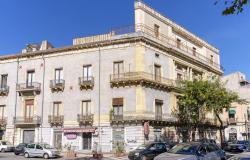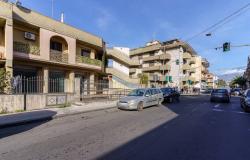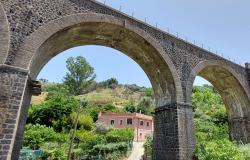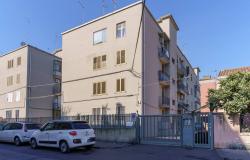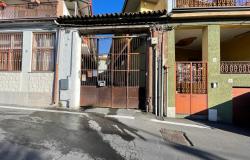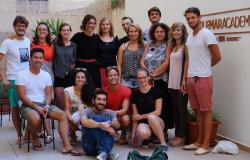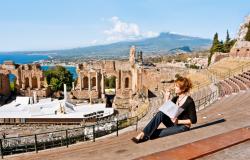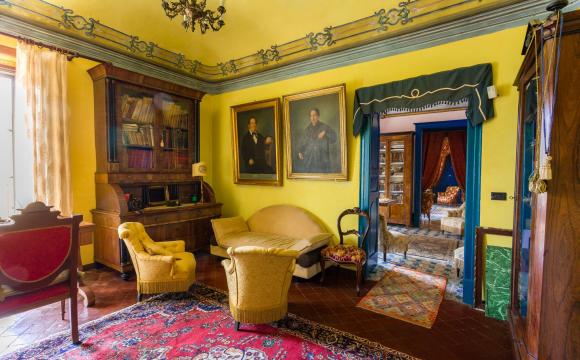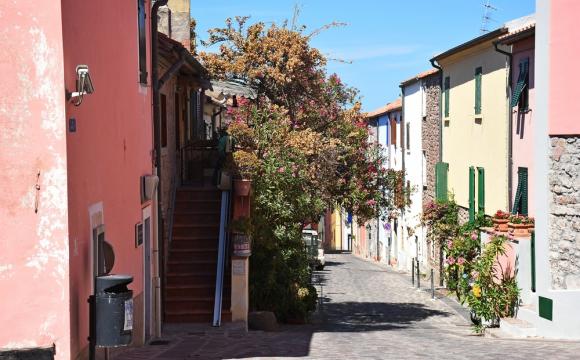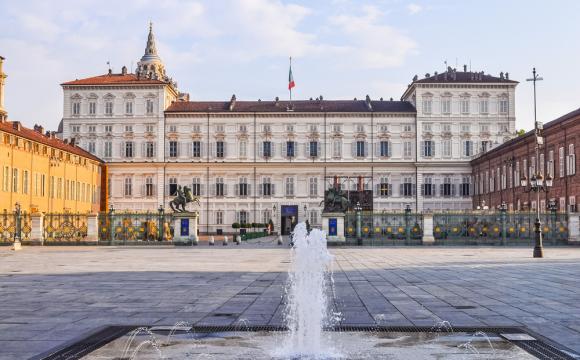Words by Pat Eggleton
Who really knows when a journey towards fulfilment begins? Looking back, I sometimes think that my journey towards the island of Sicily began much earlier than that first visit in October 1992. And, like most of the important events in my life, it began with a book:
 I don’t know quite why, browsing in a bookshop in Pinner, North London in 1967, I picked up a paperback entitled The Leopard, a novel by Giuseppe Tomasi di Lampedusa. I was studying for A levels in English Literature, French and Spanish at the time, so had no particular interest in Italy and Sicily was as remote to me as Timbuktu. However, the book looked interesting enough to buy and when I got home and started reading it, I was immediately fascinated.
I don’t know quite why, browsing in a bookshop in Pinner, North London in 1967, I picked up a paperback entitled The Leopard, a novel by Giuseppe Tomasi di Lampedusa. I was studying for A levels in English Literature, French and Spanish at the time, so had no particular interest in Italy and Sicily was as remote to me as Timbuktu. However, the book looked interesting enough to buy and when I got home and started reading it, I was immediately fascinated.
 Since then I have read the book many times in Italian, have “taught” it on courses and have come to love the Visconti film based upon it. Who could forget Burt Lancaster giving the performance of his life as the Prince of Salina, the young Claudia Cardinale as Angelica laughing indecorously at supper and Alain Delon as the dashing Tancredi? And surely no one could forget that final ballroom scene.
Since then I have read the book many times in Italian, have “taught” it on courses and have come to love the Visconti film based upon it. Who could forget Burt Lancaster giving the performance of his life as the Prince of Salina, the young Claudia Cardinale as Angelica laughing indecorously at supper and Alain Delon as the dashing Tancredi? And surely no one could forget that final ballroom scene.
Set during the Unification period, Il Gattopardo ["The Leopard”] - because there was a leopard, serval or ocelot in the coat of arms of the author's family- is the story of the last years of don Fabrizio Corbera, Prince of Salina, who cannot come to terms with the changes in Sicilian society which the Unification of Italy will bring.
We meet his nephew, Tancredi, who, though he is expected to marry the Prince’s daughter, Concetta, falls in love with Angelica Sedàra, the daughter of a rich but non-aristocratic politician, thus breaking poor Concetta’s heart. Tancredi’s marriage symbolises the transfer of power in Sicily from the aristocracy to a corrupt new middle class.
The novel is about all this and more and I have to warn you that I find the ending unbearably sad. Yet I believe the book is a key to understanding Sicily today. One of my favourite passages is the one in which Don Fabrizio, not without a healthy touch of Sicilian irony, declines a seat in the new Senate:
“And what is more, as you must have realized by now, I am without illusions; what would the Senate do with me, an inexperienced legislator who lacks the facility of self-deception, essential requisite for anyone wanting to guide others?”
 If you are going to read Il Gattopardo, or have already read it and are interested in its author, I do recommend David Gilmour’s biography of Tomasi di Lampedusa, The Last Leopard, for this, too, is a story of an aristocrat at odds with his times. A complex and, it has to be said, not always likeable man, Lampedusa was ambivalent towards fascism but accepted it because he thought it would work. As for Unification, Gilmour concludes that he probably felt that it had destroyed the best of Sicily and preserved the worst. He died, impoverished, at the age of sixty in 1957. A year later “The Leopard” was published.
If you are going to read Il Gattopardo, or have already read it and are interested in its author, I do recommend David Gilmour’s biography of Tomasi di Lampedusa, The Last Leopard, for this, too, is a story of an aristocrat at odds with his times. A complex and, it has to be said, not always likeable man, Lampedusa was ambivalent towards fascism but accepted it because he thought it would work. As for Unification, Gilmour concludes that he probably felt that it had destroyed the best of Sicily and preserved the worst. He died, impoverished, at the age of sixty in 1957. A year later “The Leopard” was published.
Sadly, the Donnafugata mentioned in the novel has virtually disappeared and is not the one in Ragusa Province, but take a walk around Baroque Modica and especially Baroque Ragusa and you may sense, as I do, the ghost of the Prince of Salina echoing your every step.
Recommended readings
The Last Leopard by David Gilmour on Amazon UK.
The Last Leopard by David Gilmour on Amazon US.

